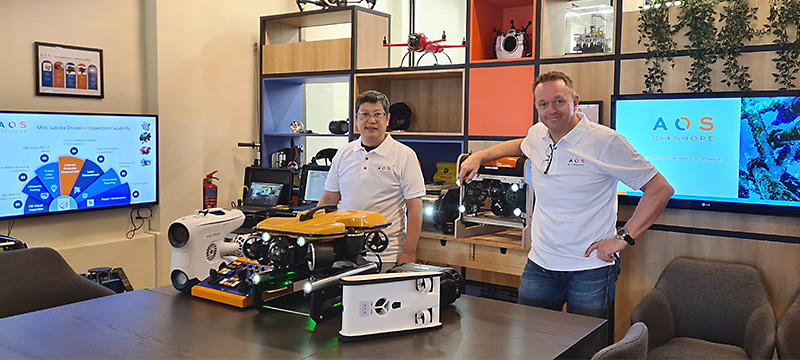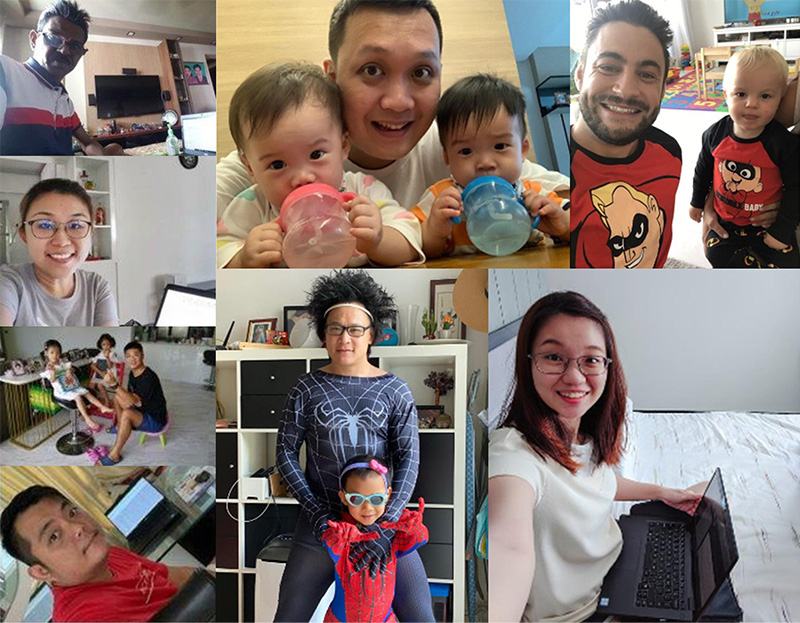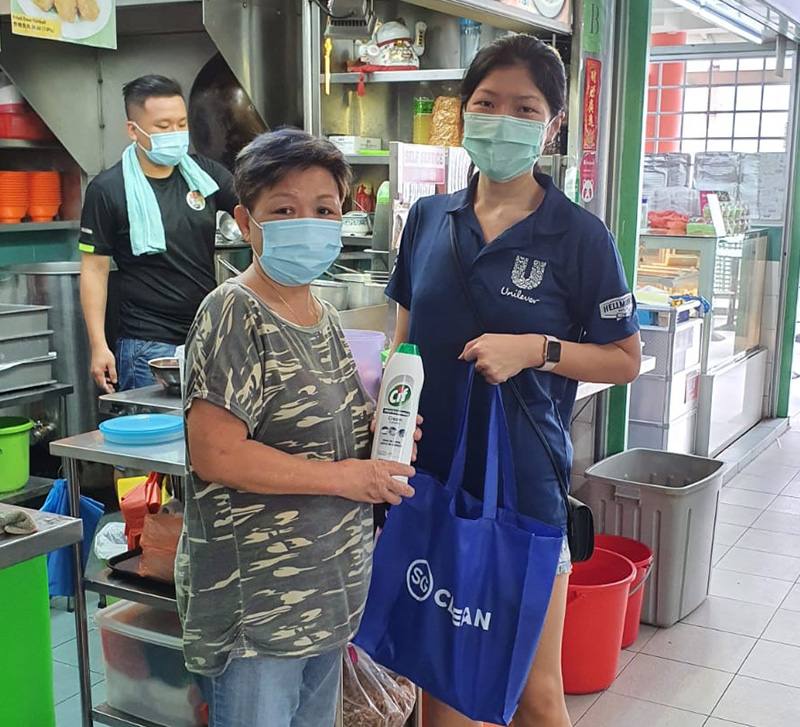We often hear about what the “the new normal” should be, but we rarely hear about how businesses are getting there in spite of disrupted supply chains, remote working conditions, and changing market needs.
Over a year into the crisis, we take a look at how Singapore-based companies AOS Offshore, Reckitt, and Unilever have tapped on technology, people, and partnerships to build sustained recovery and support their communities.
AOS Offshore: Can’t access equipment you need? Build a solution yourself
Owing to global supply chain disruptions in early 2020, marine and offshore supply specialist AOS Offshore could not procure parts to adapt its Remote Operating Underwater Vehicle (ROV) for different tasks, significantly limiting the work it could take on.
Faced with the possibility of months without regular supplies, AOS came up with a daring idea — to build its own ROV. The company’s Singapore-based tech, engineering, and operator teams collaborated to produce its first ROV in just three months, far shorter than the typical 18 months needed for an operation of this scale and complexity.
The ROV packs in technologies such as high-definition artificial intelligence (AI) imaging, cloud-based storage, as well as sonar and GPS sensors for infrastructure surveys and 3D mapping.








